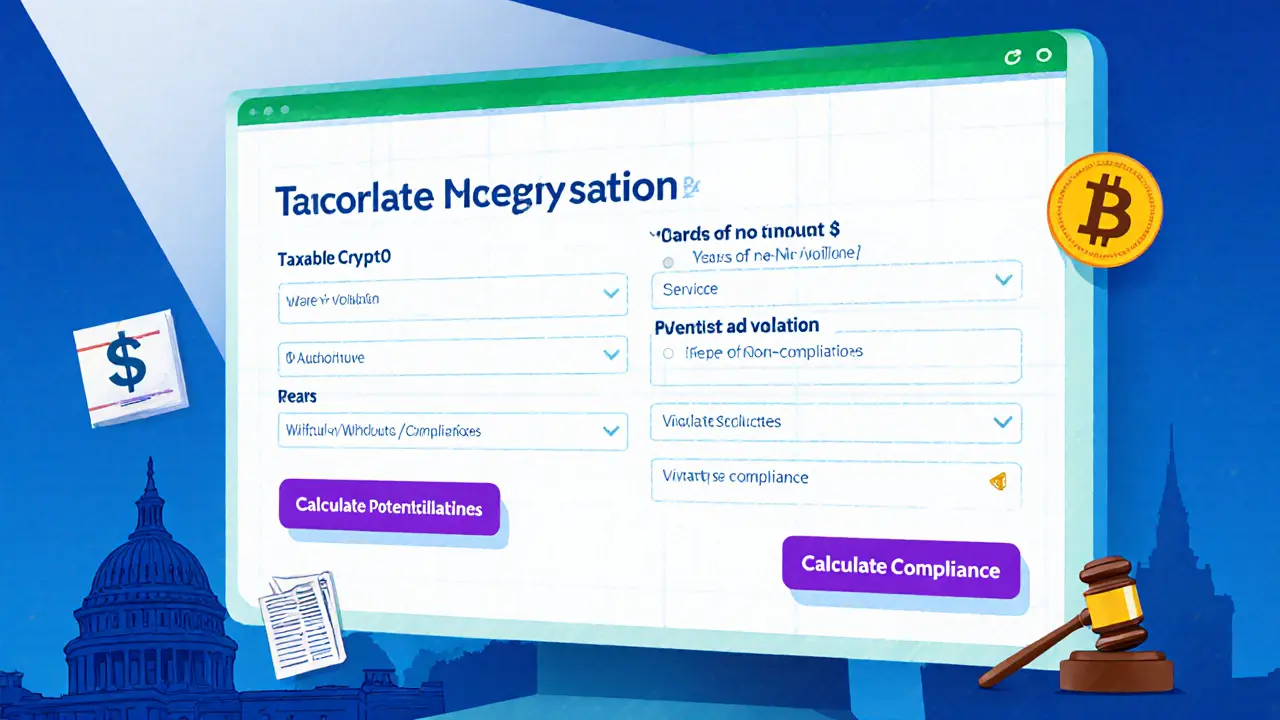Crypto Tax Evasion Explained
When working with Crypto Tax Evasion, the illegal practice of hiding or misreporting cryptocurrency gains to avoid paying taxes. Also known as crypto tax fraud, it sits at the crossroads of finance and law. Crypto tax evasion isn’t just a fancy term; it’s a real risk that can trigger hefty penalties, criminal charges, or frozen accounts. It often blends with broader cryptocurrency tax, the legal duty to report crypto transactions to tax authorities requirements and the general concept of tax evasion, intentionally avoiding tax payment by illegal means. Understanding these links helps you see why robust tax compliance, the practice of meeting tax obligations accurately and on time is the only safe path.
Why Understanding Crypto Tax Evasion Matters
Every crypto trader now faces a maze of rules. India, for example, slapped a flat 30% rate on digital asset gains and added a 1% TDS on each transaction, meaning every trade leaves a tax trail. Germany, on the other hand, offers a zero‑tax window if you hold assets for more than a year, but any sale before that triggers short‑term rates. Those differences illustrate how tax authorities worldwide are sharpening their focus on crypto activity. If you ignore the reporting obligations, you’re basically feeding the tax evasion engine—a mistake that can lead to audits, fines, or even criminal prosecution. Good record‑keeping, such as exporting CSV files from exchanges like OpenSwap or keeping wallet logs, is the first line of defense. Tools that auto‑generate tax reports, built‑in exchange trackers, or third‑party services can simplify the compliance burden, making it harder to slip into evasion territory.
Beyond penalties, there’s a reputational cost. Being flagged for tax evasion can lock you out of reputable platforms, limit access to banking services, and damage your personal brand. Authorities are deploying blockchain analytics to trace transactions, matching wallet addresses with on‑chain activity. That means hidden gains are harder to conceal than ever. The smart move? Treat crypto like any other taxable asset: calculate gains, file reports, and keep documentation for at least the statutory period. By staying ahead of the curve—using compliance software, checking local regulations, and understanding how different jurisdictions treat crypto—you turn a potential legal minefield into a manageable routine. Below you’ll find a curated set of articles that dive deeper into country‑specific rules, compliance tools, and real‑world case studies, giving you the practical knowledge you need to stay on the right side of the law.
Learn how crypto tax evasion can lead to up to 5 years in prison and $250,000 fines, the IRS's enforcement tools, penalties, and practical steps to stay compliant.



 Finance
Finance




